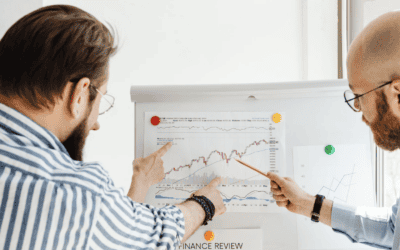The other day a client asked me why he would make contributions to Superannuation if they didn’t get a personal tax deduction for the contribution (non-concessional contributions)?
Great question, here is my answer below.
Scenario 1
Member has money (lump sum of cash) in their personal names which has been declared as income in previous personal returns.
o The Member wants to invest that money to make more money in the future
o The Member is in a high tax bracket personally and doesn’t want to add to their annual income
o The Member does not need to access that money for personal use anytime soon OR
o The Member is close to retirement or 65 years of age (full condition of release)
Scenario 2
A Member/s want to transfer their personally owned business premises into their SMSF without paying cash out of the SMSF.
o The members SMSF doesn’t have the cash to pay for the property
o The member can use their annual and bring forward Non concessional limit to pay for the property
Scenario 3
A Member/s wants to transfer personally held shares into their SMSF without any cash being required
o The members use their non concessional contribution limit to transfer the value of shares into their SMSF
The Members, if eligible can contribute (cash or in specie) into Superannuation in order to achieve the following:
Invest the money to provide the best returns possible in line with the members risk profile
o The income created by the investment will be taxed at “concessional” or reduced rates of 15%
o If the asset is sold after members start a pension, up to 100% of the capital gains tax is removed.
o The income earned by the asset after members start a pension is not taxed. So franking credits are paid back to the members after the tax return is completed.
If you are not going to invest your (personal savings) money into growth assets, the advantage of Super’s low tax rate loses its impact. If your personal income is NIL and your personally held investments do not create income over $18,200 each year, then you will not pay any personal tax.
A $400,000 term deposit @ 1.9% will generate income of approx. $7,600 per annum and is underneath your tax-free threshold. A return of 5% will breach the tax-free threshold and require a tax return but tax payable will be minimal. A 10% return will start causing a personal tax problem. The more income you make (or capital gain return) the more advantageous Super’s low tax rate becomes. If you are not going to invest your money at all, then you would have to question Super’s relevance when you add back the cost of Administering Super.
If you are not close to retirement, putting more money into Superannuation by using your non concessional cap needs to be examined closely. On one hand you must consider that putting aside money that can’t be accessed until retirement is a major limitation. Money takes time to grow even if you invest it wisely. There will always be times when the best investments are down or don’t live up to expectations. Time invested does seem to even out the ups and downs. If you leave it to the last minute to invest, you will lose the impact of compounding returns. Tax savings will be much greater in Superannuation compared to your personal name if you are in the higher tax brackets.
So, if you want to make your money work as hard as it can for you and you have no immediate cash requirements, contributing more to Superannuation using your non concessional contribution cap will save you taxation over the longer term. How much tax you will save depends on the rate of return (including capital gains and cash income).
First published in The Trustee Edition 11
For more articles on SMSF check out The Trustee click here





